WIZO: Doing What Matters
Israel's leading organization for education and social services, promotes an equal society for all supported by a global network of Zionist women.
Our Vision
Leading transformative initiatives that promote social resilience and gender equality in Israel.
For over 100 years, WIZO has impacted the lives of countless Israelis through all stages of life: from babies in our day care centers to youth in our youth villages, schools, and boarding institutions; young girls and women at pivotal life junctures in our women’s programs; and the elderly in our WIZO community centers and our Parents Home.
70,000 lives are touched by WIZO on a daily basis.
I would be just another lost kid if it wasn't for the incredible teachers at WIZO Rehovot.
Adi, WIZO Rehovot School 
Today I am strong, independent and I know my worth. I will never allow anyone to lay a hand on me again.
Tamar, Safety Net 
I volunteer because giving is a mindset. It's a way of life. It's what being a WIZO woman is all about.
Esther, WIZO Afula branch 
CHILDREN

12,000 Babies and Children in Good Hands
165 day care centers serving 12,000 children per year
18 comprehensive centers for children at risk
1 hotline for parental support
YOUTH

Building a future for 5,900 young women and men

5 Youth villages consisting of high schools, boarding schools and agricultural farms

3 Emergency centers for the urgent care of high-risk children

10 Foster family homes

1 Boarding school for post-hospitalization
WOMEN

Advancement of the Status of Women
16 Programs for women experiencing life crises
Promoting legislation for women's rights
9 Supportive communities for women post-shelter: Safety Net
2 shelters for women and children victims of domestic violence
COMMUNITY

WIZO Israel - Local Branches Building Community
38 branches across Israel
100s of programs for children, young girls and women
45 Bigudiyot - Israel's largest secondhand thrift store chain
2,000 active volunteers of all ages, ethnicities and religions
SENIORS

Parents Home

1986: founded in Tel Aviv
105 residents

1/3 are Holocaust survivors
WIZO NEWS
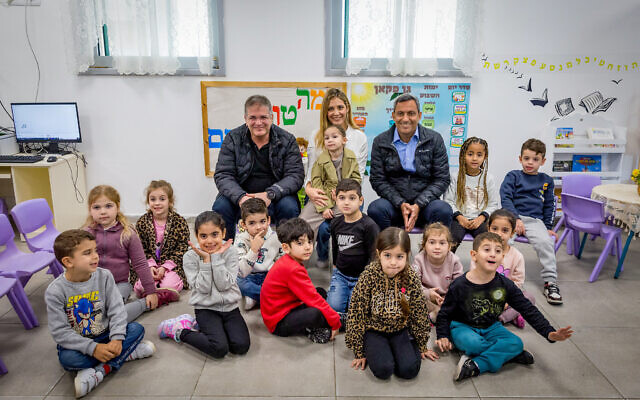
Bringing Resilience to Sderot
WIZO plans to reopen the "Open House," a unique center in the heart of a shattered city.
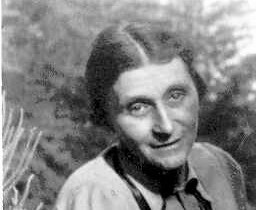
WOW: Hanna (Helena) Tahon
March's WOW, "woman of WIZO," is Hanna (Helena) Tahon a historical pioneer and WIZO activist.

Lifetime Achievement Award: Yossi Saragossi
Out of more than 6,000 employees across Israel, WIZO chose to award the prestigious Lifetime Achievement Award to one man.
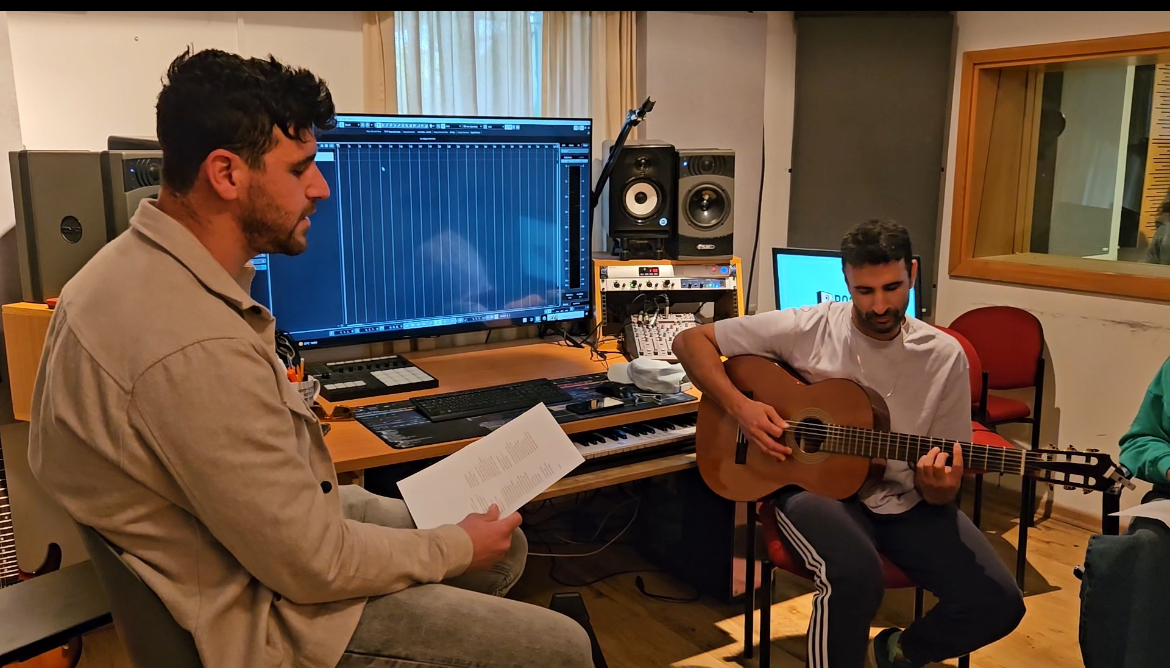
VIDEO: Iron Swords Music Project
Aspiring song writers, high school students and successful Israeli artists: WIZO brought them together for a meaningful project.
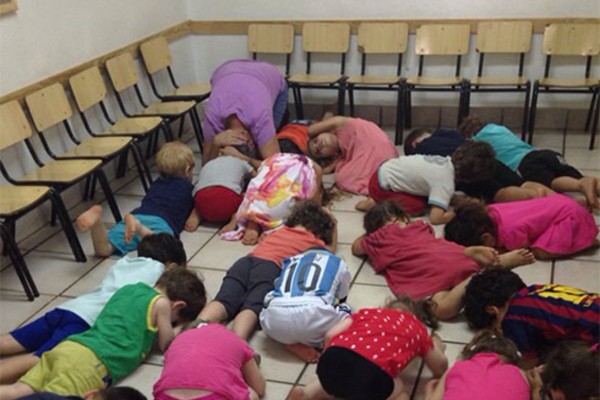
Protecting Our Children
Since the beginning of Iron Swords, over 15,000 rockets have been fired at civilians in Israel. Most of WIZO’s 167 day care centers have bomb shelters; 11 do not.
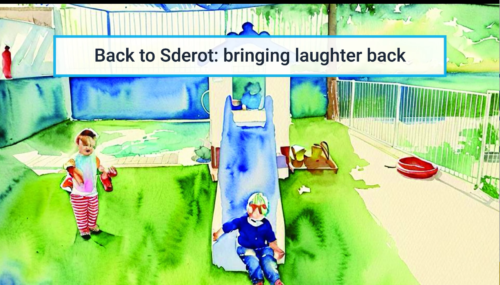
VIDEO: Sderot 2024
Imagine Sderot 2024: full of joy and laughter and safety. We can make this come true.




